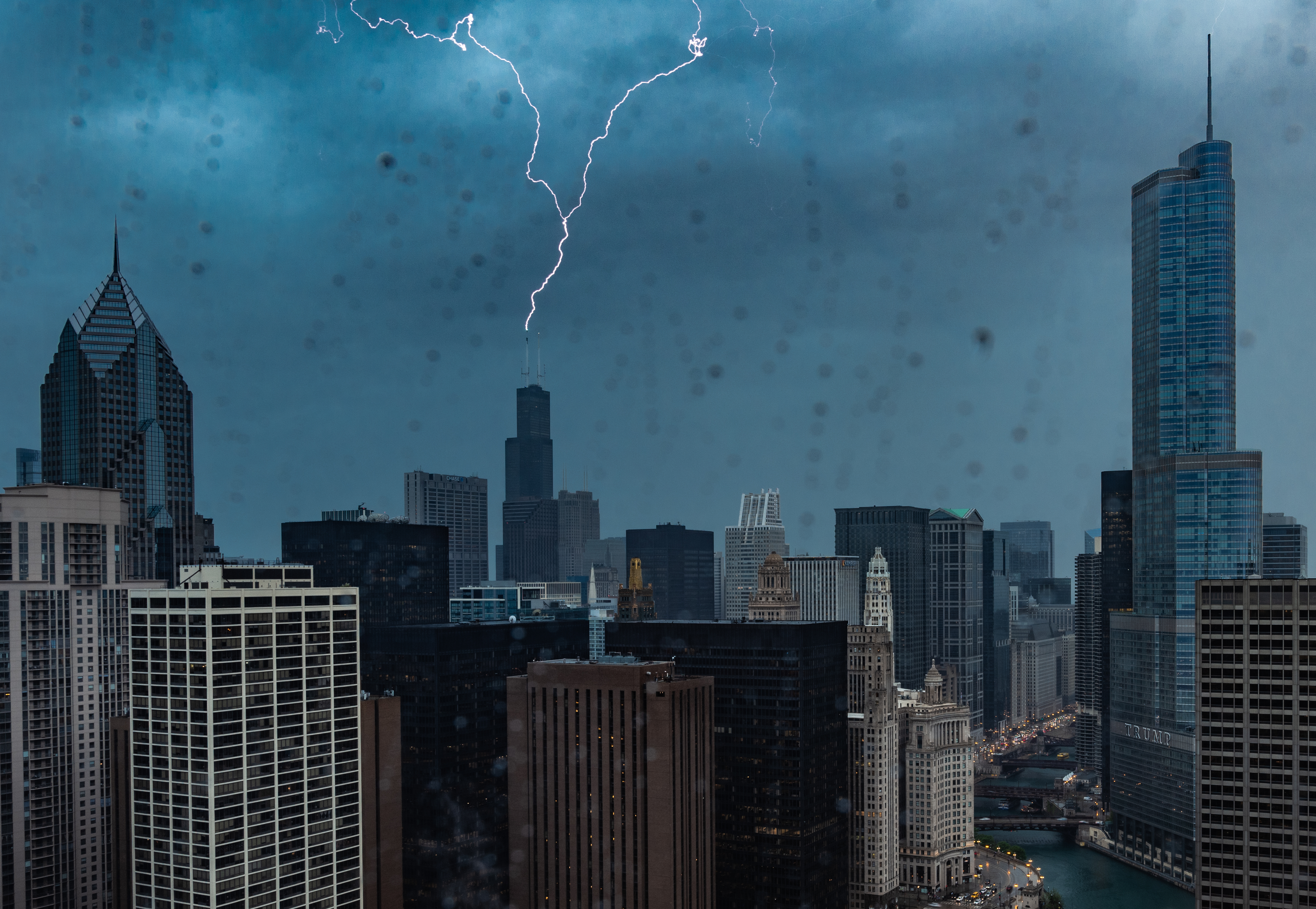Unvaccinated populations across the world could be responsible for the emergence of more variants of COVID-19, according to local doctors studying the virus.
The Mu and Delta variants have made a presence in the Chicago area although Dr. Egon Ozer of Northwestern Medicine says the Delta variant accounts for most of the cases today.
“Most of the MU cases were earlier in the summer and have since been declining almost everywhere except for Columbia,” said Egon. “With current conditions, Delta is much more infectious, much more easily transmitted and so it tends to outcompete every other variant out there.”
The Mu variant emerged in Columbia where vaccination rates are extremely low compared to other countries that have more vaccine supply.
Feeling out of the loop? We'll catch you up on the Chicago news you need to know. Sign up for the weekly Chicago Catch-Up newsletter here.
Dr. Richard Novak of University of Illinois at Chicago Health says areas like Columbia, where around 40% of COVID patients are unvaccinated, will continue to see variants mutate.
“There’s [a lot] of replication going on there and lots of chances for variants to emerge,” said Novak. “It’s still the unvaccinated that are driving surge and infections.”
How long will variants be around? It depends on how many people get vaccinated, according to Dr. Gregory Huhn of Cook County Health.
Local
“It’s continuously evolving, trying to find the right key, sort of like a locksmith molding key to break through the gates of our own immune defenses,” said Dr. Huhn.
Huhn, vaccination coordinator at Cook County Health, says some variants will become more contagious as they mutate. Some are even showing signs of resistance to vaccines.
However, vaccines that use mRNA technology, like Pfizer and Moderna, can be adjusted within six to eight weeks, according to Huhn.
“The advantage of the mRNA vaccines; they’re based on the sequences of that spike protein. We can change those sequences rapidly,” said Huhn.
He added that the current available vaccines are still highly affective.
“When is that inflection going to be that those mutations actually weaken the virus, make it less strong, make our vaccines more potent? I think that day will come,” said Huhn. “I don’t think we know when that time is but hopefully within the next year.”



